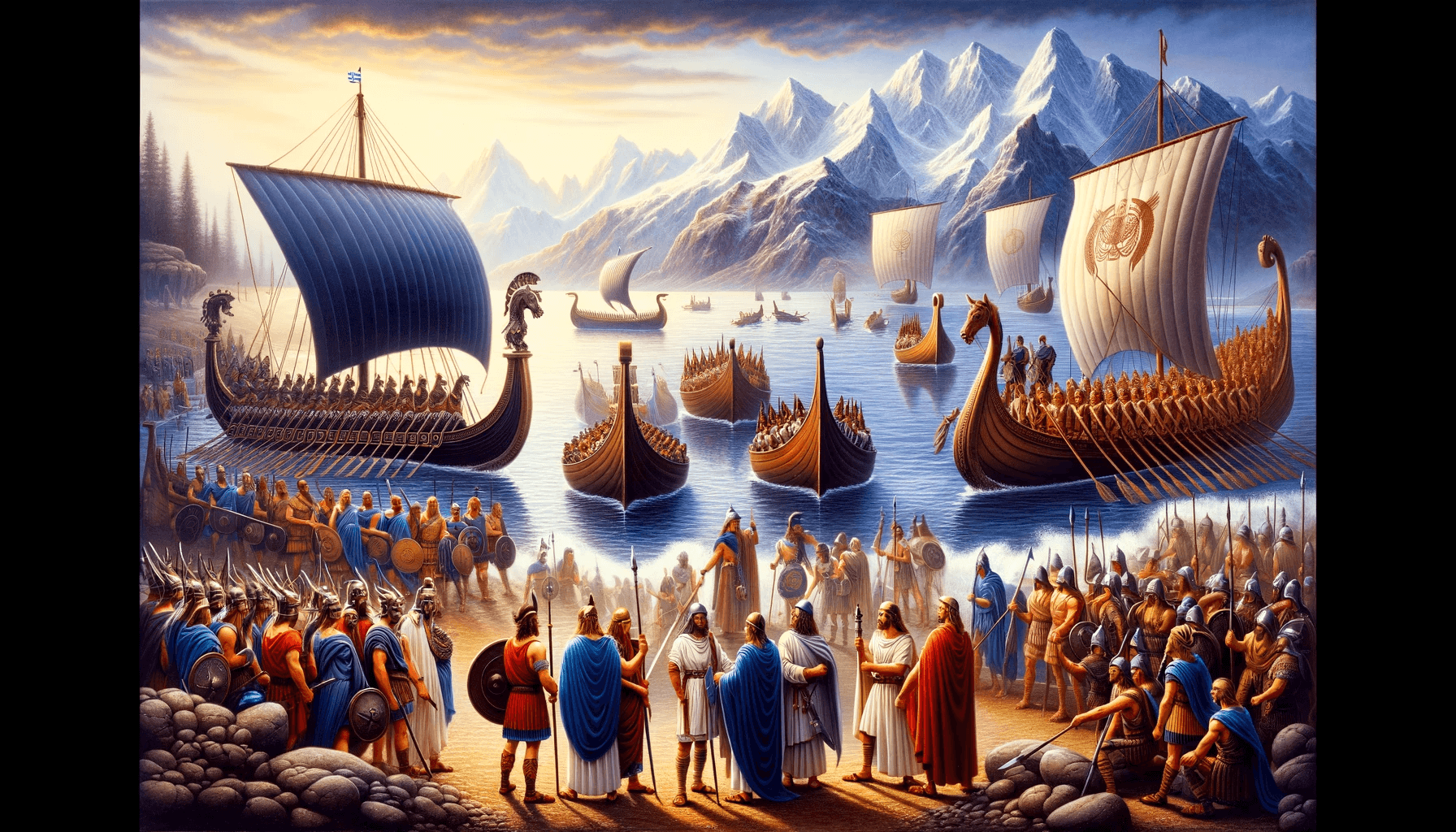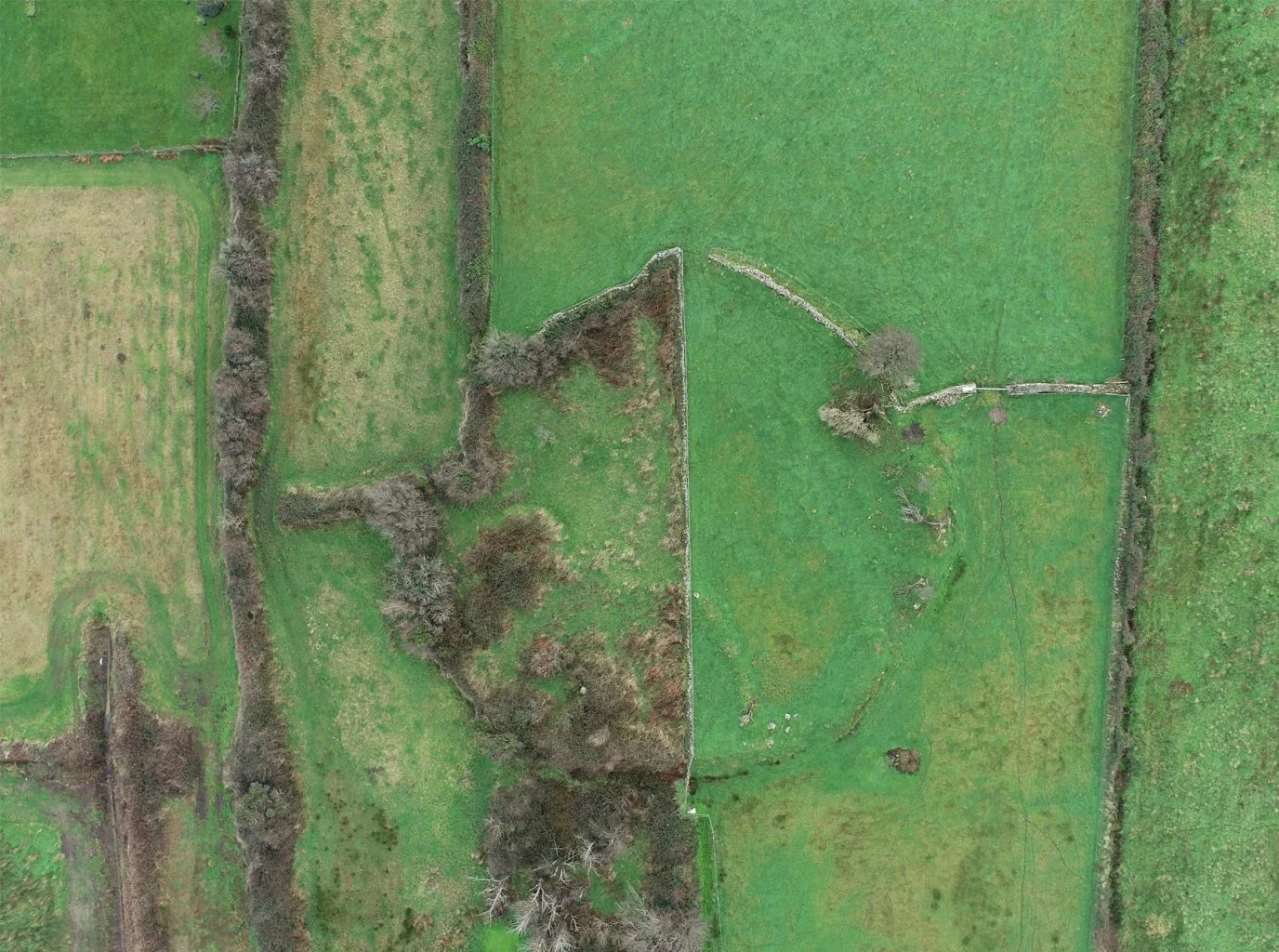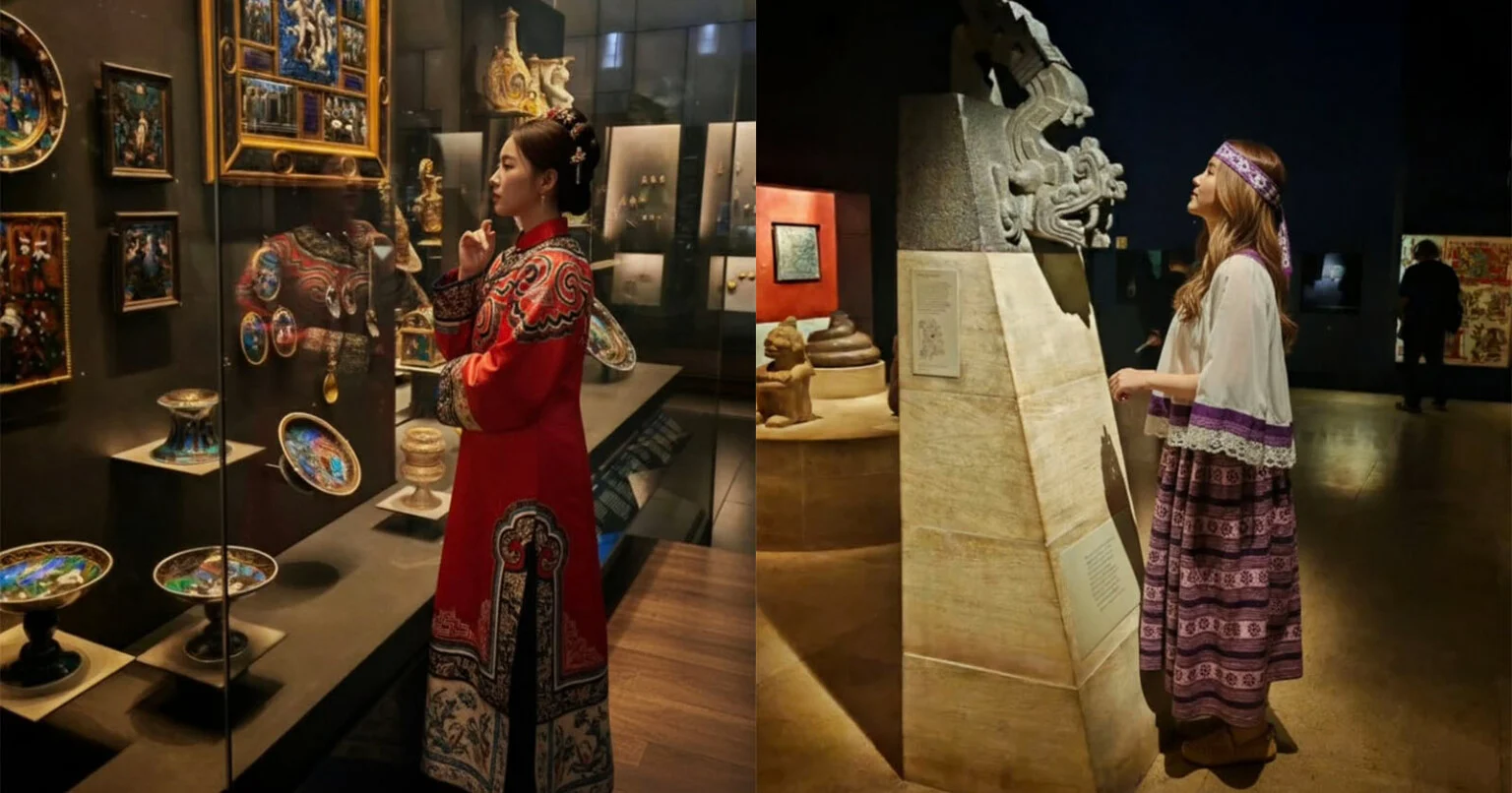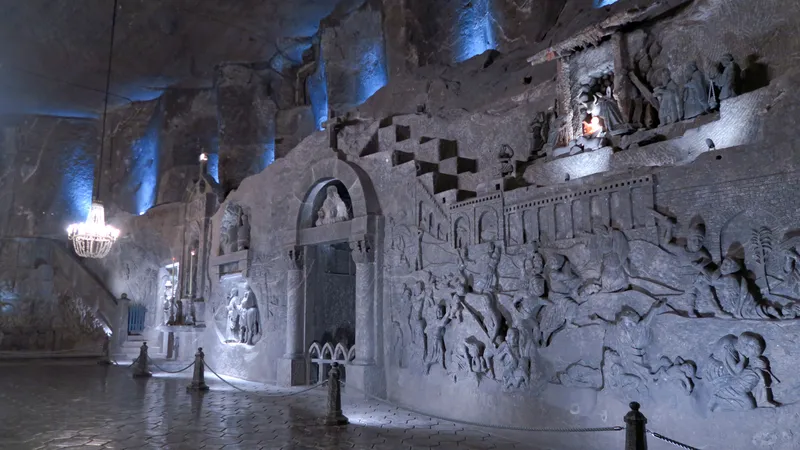From Scandinavia to Ithaca: Tracing the Baltic Roots of Greek Epic Poetry—Retracing the Homeric World According to Vinci
The Homeric epics, "The Iliad" and "The Odyssey," have long stood as the bedrock of classical literature, central to our understanding of ancient Greek culture. For centuries, scholars have scoured these texts, not only for their literary merit but also as a window into the ancient world. Yet, the work of Italian nuclear engineer turned amateur historian Felice Vinci offers a radical departure from the Aegean Sea's warm breezes to the chillier shores of the Baltic, challenging the very geography of these timeless tales.
The Baltic Origins of Homeric Tales
Vinci's theory, articulated in his book "The Baltic Origins of Homer's Epic Tales," posits that the epic tales attributed to Homer were originally composed by bards in a much colder climate, far from the Mediterranean basin. According to Vinci, the ancestors of the Greeks migrated from the Baltic region to Greece during a prehistoric "Dorian invasion" or a similar movement of peoples in the 2nd millennium BCE. They brought with them their oral poetry, which preserved memories of their northern origins.
Geographical and Linguistic Parallels
Vinci meticulously maps the Homeric descriptions to the coasts and islands of the Baltic. He argues that places like Ithaca can be identified not in the Ionian Sea but in Scandinavian waters. He draws parallels between the climatic conditions described in the epics, which seem more reflective of harsh northern latitudes than the Mediterranean climate. Vinci further supports his hypothesis by highlighting the linguistic similarities between Greek and ancient northern European languages, suggesting a shared or connected lineage.
Challenging the Classical Consensus
This hypothesis challenges the classical consensus that the Homeric epics were purely Mediterranean in nature. Vinci's supporters argue that his theory illuminates inconsistencies and mysteries within Homer's text that traditional Aegean-centered interpretations cannot. Critics, however, are quick to point out the lack of direct archaeological evidence linking Mycenaean Greeks to the Baltic region, asserting that Vinci's readings of the texts are overly literal and disregard the poetic and metaphorical nature of epic literature.
Cultural Implications and Reinterpretation
If Vinci's theory were to be proven, it would necessitate a profound reevaluation of the cultural and historical narratives of ancient Greece. It would imply that the cradle of Western civilization, often claimed by the Mediterranean, might have shared its infancy with the cultures of the distant north. Such a notion would underscore the dynamic and interconnected nature of ancient civilizations, suggesting that the seeds of Greek culture, and by extension, Western culture, are far more widely dispersed than previously acknowledged.
The views of Felice Vinci on the Baltic origins of Homer's epics have been met with skepticism from the mainstream scientific community. His theories, while intriguing and imaginative, are generally considered speculative and unsupported by the concrete archaeological and philological evidence that underpins classical scholarship. Most classicists and historians adhere to the well-established view that the Homeric epics are deeply rooted in the Mediterranean world, specifically the Aegean Sea, as supported by extensive linguistic, literary, and archaeological research.
Vinci's ideas have not been entirely dismissed, as any hypothesis that encourages re-examination of historical narratives can have value. However, they remain peripheral and have not shifted the consensus that the Homeric tales are a product of early Greek civilization as traditionally understood. The lack of tangible archaeological evidence linking Mycenaean Greece to the Baltic region is a significant barrier to the acceptance of Vinci's theories as anything more than an interesting conjecture.
While Vinci's "Baltic Hypothesis" remains on the periphery of scholarly debate, it continues to evoke interest and discussion among historians and enthusiasts alike. It serves as a testament to the enduring mystery of the Homeric epics and the human desire to seek a new understanding of our most treasured ancient narratives. Whether Vinci's northern odyssey will ever gain mainstream acceptance is uncertain, but it undeniably enriches the tapestry of Homeric scholarship with its bold vision and imaginative scope.










